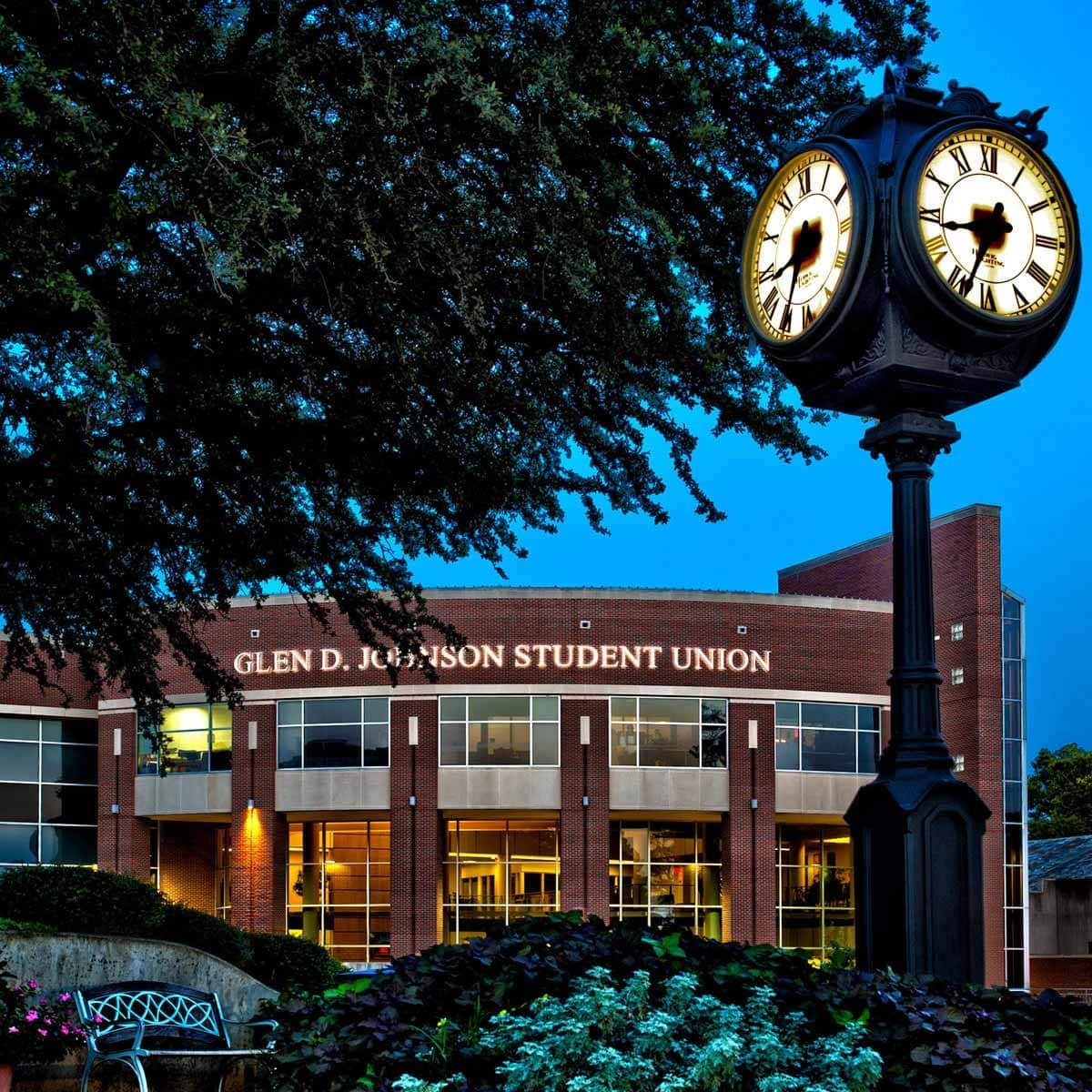
- Home
- News & Events
- SE & Choctaw Nation host Collaboration Conference for NSF Engine participants
DURANT, Okla. – On October 27, Southeastern Oklahoma State University and the Choctaw Nation of Oklahoma co-hosted a Collaboration Conference for universities, companies, government agencies, and workforce development organizations involved in the National Science Foundation Logistics Engine serving Southeastern Oklahoma and North Texas.
This NSF Logistics Engine is a collaboration of universities, companies, government agencies, and workforce development organizations working to create an innovative ecosystem of technologies which will transform the logistics and supply chain of the future.
This $1 million dollar grant issued by the National Science Foundation was in response to a coordinated research proposal by key members including the University of North Texas, Southern Methodist University, University of Texas-Arlington, Dallas College, Southeastern Oklahoma State University, Texas Research Alliance, Dallas Regional Chamber, the Choctaw Nation of Oklahoma, Hillwood Properties, City of Dallas, Workforce Solutions, and the Southern Dallas County Inland Port Transportation Management Association.
Speakers at the Collaboration Conference, held at the Choctaw Nation of Oklahoma’s headquarters in Durant, included Allison D. Garrett, Chancellor of the Oklahoma State Regents for Higher Education (OSHRE); Dr. Terrance Pohlen of the University of North Texas; James Grimsley of the Choctaw Nation of Oklahoma; Miranda Adams of Kratos Defense Systems; Brent McLaughlin of Asylon Robotics; and Jim Jung, CEO of Interstate Traveler Company.
This NSF engine is focused on logistics development in southeastern Oklahoma and north Texas, with 26 counties across the area represented in the region of service.
According to the NSF Engine description, logistics represents the second largest business sector, with over 889 million tons valued at $1.1 trillion moving through the region and employing over 450,000 workers. Like the national economy, the region is experiencing a significant shortfall in skilled labor. In June 2022, over 500,000 logistics job openings existed nationally, with the driver shortfall alone at over 80,000. These shortages are particularly pronounced in the region as the second-largest industrial and fourth-largest freight market.
Launched by NSF’s new Directorate for Technology, Innovation and Partnerships and authorized by the “CHIPS and Science Act of 2022,” the NSF Engines program uniquely harnesses the nation’s science and technology research and development enterprise and regional-level resources. NSF Engines aspire to catalyze robust partnerships to positively impact the economy within a geographic region, address societal challenges, advance national competitiveness, and create local, high-wage jobs.